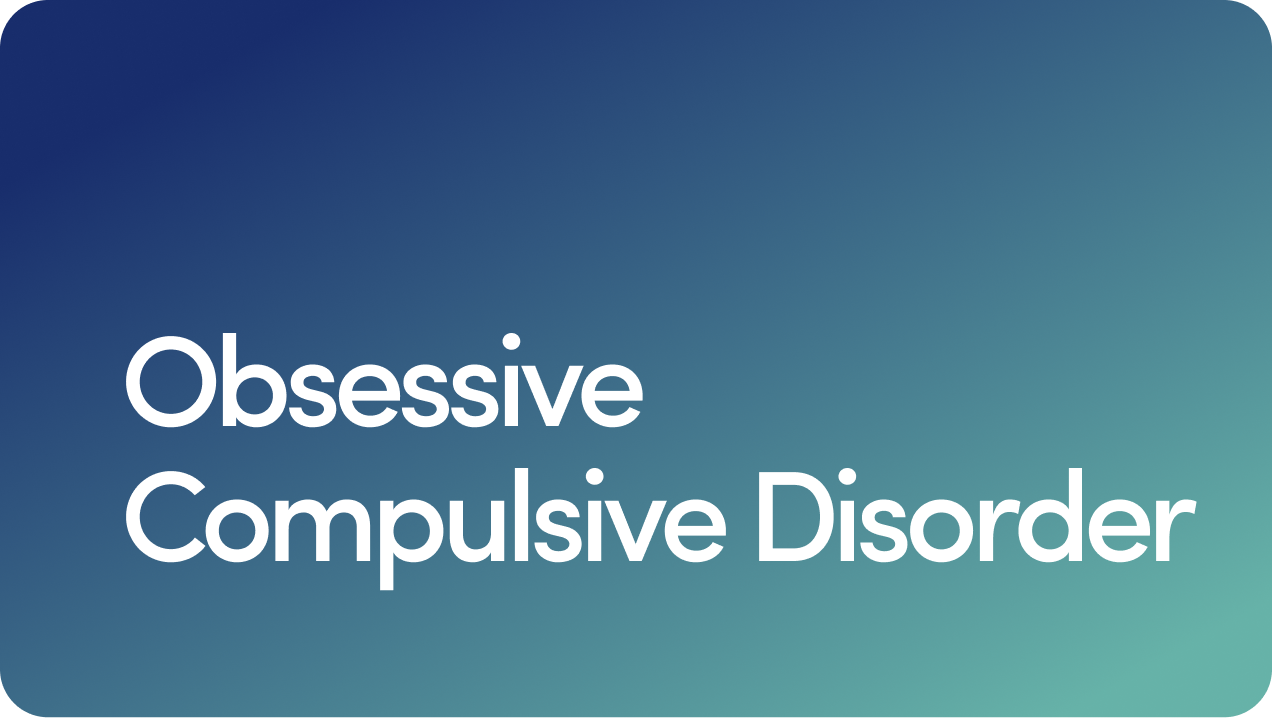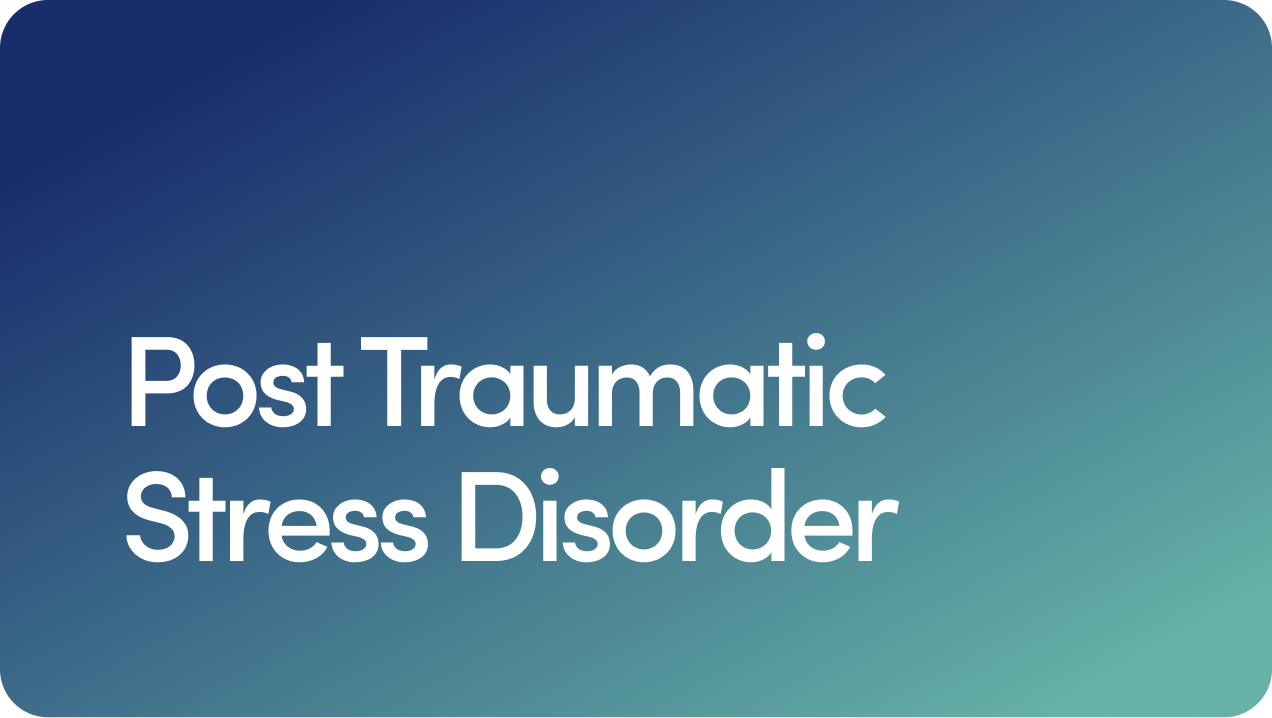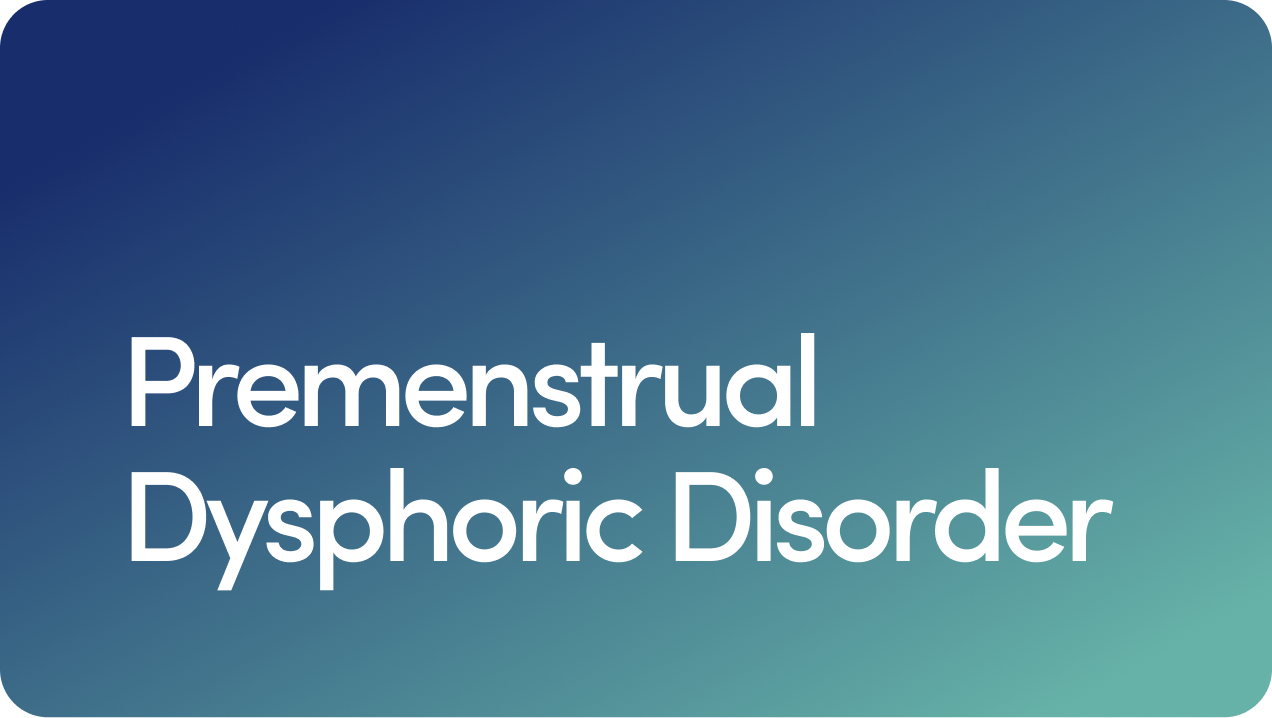Content
Free Mental Health Assessment
Hydroxyzine For Anxiety: Is It Effective?

When it comes to treating anxiety, there are a number of different options available. Some people opt for therapy to manage their anxiety symptoms, while others prefer medication. Some use one of the several medications specifically for anxiety while you may have heard others talk about the use of Benadryl for anxiety. If you’ve been thinking about using hydroxyzine for anxiety, this article is for you.
Hydroxyzine isn’t as common as anxiety medications like citalopram and fluoxetine, but it’s worth having on your radar.
Keep reading to discover what hydroxyzine is, how it works in the treatment of anxiety and whether or not there are any side effects associated with it.
Content
What Is Hydroxyzine?
Hydroxyzine is actually in a class of medications called antihistamines. It works by blocking histamines (substances in the body that cause allergic symptoms), as well as decreasing activity in the brain.
This medication is most commonly used to relieve itching caused by allergic reactions. It can also be used as a sedative before and after general anesthesia is used in surgery.
Along with these uses, hydroxyzine can be used to treat symptoms of anxiety.
Hydroxyzine comes in tablets, capsules and a syrup — all of which are taken by mouth.
Does Hydroxyzine Really Treat Anxiety?
As mentioned, hydroxyzine can be used to treat symptoms of anxiety. In fact, hydroxyzine is the only histamine that is approved by the FDA to treat anxiety.
The research to back up the fact that hydroxyzine could work to treat anxiety is strong, too. In one study, it was tested against a placebo in men with generalized anxiety disorder (GAD). The study concluded that hydroxyzine worked better than the placebo in treating GAD. It’s worth noting this study was done on men.
And a review of 39 studies determined that hydroxyzine was superior to placebo in treating GAD and was even comparable to medications like benzodiazepines and buspirone. However, the authors of the review cited that there was potential for a risk of study bias.
There hasn’t been adequate research done on other anxiety disorders (like panic disorder, panic attacks and social anxiety disorder) to determine how effectively hydroxyzine can treat it.
One potential drawback of hydroxyzine for anxiety? People who take it tend to build up a tolerance over time when they take antihistamines.
Hydroxyzine Dosage for Anxiety
When it comes to treating anxiety, hydroxyzine is most typically taken in tablet form.
For the relief of anxiety symptoms, healthcare providers typically suggest adults take between 50mg and 100mg of hydroxyzine four times a day or as directed by a healthcare provider.
Often, you’ll be started on the lower end of that range and then adjustments will be made, should you need them.
If you miss a dose of hydroxyzine, take it as soon as you remember. If it’s really close to your next dosage, just skip your missed dose (don’t double up!).
You should keep your hydroxyzine out of the reach of children and in a spot that is room temperature and not filled with light.
Generally, it’s not recommended to store your dosage of hydroxyzine in the bathroom, as it can get humid there when you shower or bathe.
Common Side Effects of Hydroxyzine
Ready for some good news? Hydroxyzine is known not to have very severe side effects when taken by healthy adults. This is actually one of the perks of this medication when it comes to the treatment of anxiety disorders.
Of course, that doesn’t mean that there are no potential side effects — just that they aren’t all that troublesome to most.
The most common side effects of hydroxyzine are:
Sedation
Dizziness
Dry mouth
Headaches
Vomiting
If you notice persistent adverse effects — even if they’re benign, like dry mouth — it’s a good idea to speak with a healthcare professional.
You do need to be careful about overdosing or taking too much hydroxyzine. Always take the dosage listed on your prescription label. If you take too much, heavy sedative effects could occur. If this does happen, seek medical attention immediately.
Alternatives to Hydroxyzine
Remember, hydroxyzine is just one of the medication options when it comes to treating anxiety.
A healthcare provider is the best person to help you determine what prescription medications for anxiety you should consider.
If it sounds like hydroxyzine may not be the right fit for you, some of the most common anti-anxiety medications that can be used as alternatives to hydroxyzine include:
Selective Serotonin Reuptake Inhibitors
Selective serotonin reuptake inhibitors (SSRIs) are believed to work by affecting the level of the neurotransmitter serotonin in your brain.
Serotonin, which is often called the happy hormone, is believed to help to regulate your feelings.
SSRIs ensure that your brain doesn’t reabsorb serotonin when you need it, which in turn ensures that you have what you need to live happily and healthily — that’s the goal, anyhow.
Both the physical and mental aspects of anxiety may be aided by taking an SSRI.
Common SSRIs include:
Serotonin-Norepinephrine Reuptake Inhibitors
Like SSRIs, these medications work by affecting the available levels of serotonin in your brain. But they also modulate norepinephrine (another neurotransmitter) in your brain.
Both SSRIs and SNRIs are also used to treat other psychiatric disorders like depression.
SNRIs often used to treat anxiety include venlafaxine and duloxetine.
Benzodiazepines
Benzodiazepines work by amping up the effect that the neurotransmitter gamma-aminobutyric acid (GABA) has in your brain. GABA helps control brain activity and sleep, and assists with muscle relaxation and feelings of calmness.
They’re fast-acting and can give someone quick relief from anxiety.
But, be warned: They come with a risk of dependence. Because of this, they are usually only prescribed for short-term use when taken for mental health conditions.
Benzodiazepines approved to treat anxiety include alprazolam, diazepam and lorazepam.
Beta-blockers
Rather than regular use, beta-blockers are often prescribed to control anxiety symptoms during a speaking engagement, airplane ride, job interview or other stressful events.
This is because beta-blockers help to alleviate physical symptoms of anxiety. They work by lowering your heart rate and your blood pressure.
Taking Hydroxyzine for Anxiety
Hydroxyzine is an antihistamine that is also sometimes used to treat anxiety disorders. Specifically, studies have found that it may help reduce symptoms of generalized anxiety disorder.
One of the benefits of hydroxyzine is that it doesn’t have very many serious adverse effects. Some of the more benign adverse effects include dry mouth, dizziness and sedative effects.
Daily doses of hydroxyzine for adults ranges from 50mg to 100mg four times a day or as directed by your healthcare provider. It is important not to take more than the recommended dosage because doing so increases your chance of feeling sedated.
While there is evidence that hydroxyzine can work for generalized anxiety disorder, there isn’t the same evidence for how it helps panic disorder, panic attacks or social anxiety disorder.
A healthcare provider is the best person to determine if hydroxyzine is the right anti-anxiety medication for you. They will be able to assess your symptoms and give medical advice that can help you address your anxiety.
Once you start taking a medication, they will also be able to monitor how you are doing on it and if you are dealing with any common side effects. Hers makes it easy to consult with a mental health professional by providing online consultations.
8 Sources
Hims & Hers has strict sourcing guidelines to ensure our content is accurate and current. We rely on peer-reviewed studies, academic research institutions, and medical associations. We strive to use primary sources and refrain from using tertiary references.
- Hydroxyzine. Medline Plus. Retrieved from https://medlineplus.gov/druginfo/meds/a682866.html
- Garakani, A., Murrough, J., Freire, R., et al., (2020). Pharmacotherapy of Anxiety Disorders: Current and Emerging Treatment Options. Frontiers in Psychiatry. Retrieved from https://www.ncbi.nlm.nih.gov/pmc/articles/PMC7786299/
- Llorca, P., Spadone, C., Sol, O., et al., (2002). Efficacy and safety of hydroxyzine in the treatment of generalized anxiety disorder: a 3-month double-blind study. Journal of Clinical Psychiatry. Retrieved from https://pubmed.ncbi.nlm.nih.gov/12444816/
- Guaiana, G., Barbui, C., Cipriani, A., (2010). Hydroxyzine for generalised anxiety disorder. Cochrane Database Syst Rev. Retrieved from https://pubmed.ncbi.nlm.nih.gov/21154375/
- Label: Hydroxyzine Hydrochloride. U.S. National Library of Medicine. Retrievd from https://dailymed.nlm.nih.gov/dailymed/drugInfo.cfm?setid=8e5fce17-936e-46ea-a969-518c952c2091
- Gomez, A.F. & Hofmann, S.G. (2020, May 26). SSRIs and Benzodiazepines for General Anxiety Disorders (GAD). Retrieved from https://adaa.org/learn-from-us/from-the-experts/blog-posts/consumer/ssris-and-benzodiazepines-general-anxiety
- Sansone, R., Sansone, L., (2014). Serotonin Norepinephrine Reuptake Inhibitors: A Pharmacological Comparison. Innovations in Clinical Neuroscience. Retrieved from https://www.ncbi.nlm.nih.gov/pmc/articles/PMC4008300/
- Anxiety Disorders. (2018, July). Retrieved from https://www.nimh.nih.gov/health/topics/anxiety-disorders/index.shtml
This article is for informational purposes only and does not constitute medical advice. The information contained herein is not a substitute for and should never be relied upon for professional medical advice. Always talk to your doctor about the risks and benefits of any treatment. Learn more about our editorial standards here.
Kristin Hall, FNP
Education
BSN - University of Missouri, 1997
MSN - Saint Louis University, 1999
Training
Family Nurse Practitioner Internship - Saint Louis University, 1999
Medical Licenses
Registered Nurse, Missouri (Multi-State), 1997
Registered Nurse, Alaska, 2023
Registered Nurse, California, 2023
Registered Nurse, Connecticut, 2023
Registered Nurse, District of Columbia, 2023
Registered Nurse, Hawaii, 2023
Registered Nurse, Illinois, 2011
Registered Nurse, Massachusetts, 2023
Registered Nurse, Michigan, 2023
Registered Nurse, Minnesota, 2023
Registered Nurse, Nevada, 2023
Registered Nurse, New York, 2023
Registered Nurse, Oregon, 2023
Registered Nurse, Washington, 2022
APRN, Certified Nurse Practitioner, Missouri, 2000
APRN, Certified Nurse Practitioner, Illinois, 2011
APRN, Certified Nurse Practitioner, North Dakota, 2024
APRN, Certified Nurse Practitioner, Oregon, 2023
APRN, Certified Nurse Practitioner, Rhode Island, 2024
Board Certifications
Family Nurse Practitioner - American Nurses Credentialing Center, 2000
Other Certificates & Certifications
Lean Six Sigma, Green Belt Certification, 2015
Diabetic Mapping Certification Expert, 2012
BLS/CPR Certification, 2025
Affiliations & Memberships
Specialties & Areas of Focus
Family Practice Medicine, specializing in chronic disease management (diabetes, hypertension, obesity). Additional support and treatment of mental health diagnosis and men’s and women’s health.
Years of Experience:
25
Why I Practice Medicine
Caring for the whole person—understanding that true health extends beyond physical symptoms—has always been central to my work. As a nurse and family nurse practitioner, I’m passionate about empowering individuals to live their healthiest lives, physically, emotionally, and socially. Delivering compassionate, comprehensive care is not only my profession—it’s my purpose.
Hobbies & Interests
In my spare time, I enjoy staying active and connected to nature through skiing, hiking, and spending time outdoors. I’m also an avid St. Louis Cardinals baseball fan and find joy in reading, sewing, baking, and creative hobbies that keep me inspired outside of work.
LinkedIn:
Related Conditions
 Anxiety
Anxiety
 Depression
Depression
 OCD
OCD
 PTSD
PTSD
 Bipolar Disorder
Bipolar Disorder
 Premenstrual Dysphoric Disorder
Premenstrual Dysphoric Disorder